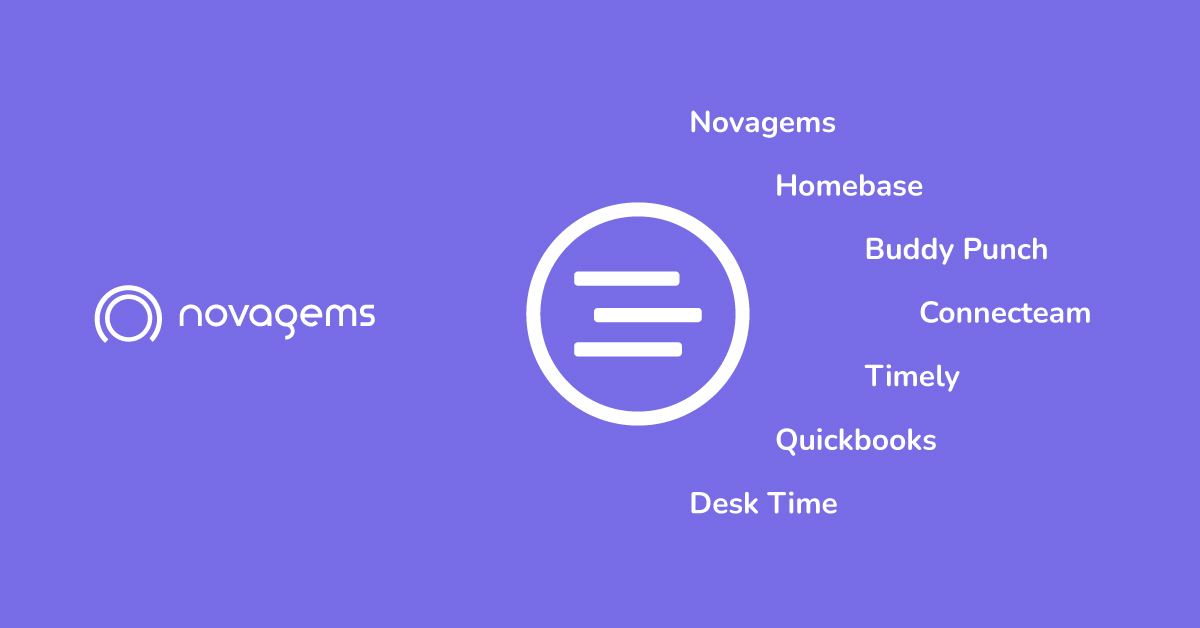Cleaning service agreement templates you can use
Wed, Jun 25, 2025
Read in 7 minutes

In the cleaning industry, trust, clarity, and professionalism go a long way. One of the most effective ways to build trust with your clients is by using a well-written cleaning service agreement. Whether you’re running a commercial cleaning business or offering residential services, having a formal cleaning service contract ensures that expectations are clearly defined and protected.
In this guide, we’ll explore why a cleaning agreement is necessary, what to include, and how to write a cleaning service agreement that’s clear, professional, and legally sound.
Why You Need a Cleaning Service Agreement
A cleaning service agreement is a formal contract between the cleaning company and its client. It defines the scope of services, payment details, schedule, responsibilities, and policies. Whether you’re offering one-time cleaning services or regular maintenance contracts, a service agreement ensures that everyone is on the same page.
1. Sets Clear Expectations
Every client is different. Some may want daily cleaning, others only want weekend visits. Some may expect deep cleaning, while others just want surface dusting. Putting these expectations in writing helps avoid confusion and sets a standard for what work will be done and when. For example, instead of saying “clean the bathroom,” the cleaning service contract can specify: “sanitize sinks, clean mirrors, mop floors, and restock toilet paper.”
2. Helps Avoid Disputes
Misunderstandings often lead to conflict. If a client thinks a service should be included and it wasn’t discussed, they may be unhappy. A clear cleaning business legal document protects both parties by listing exactly what’s included—and what’s not. It also outlines the procedure for dealing with missed appointments, property damage, or dissatisfaction.
3. Boosts Professionalism
When you present a cleaning contract template, it sends a message to clients that you’re serious about your work. It helps you stand out from informal or less organized competitors and reassures clients that they’re hiring a reliable business.
A PDF cleaning contract template will give your agreement a clean look. Need help in getting it? Click here.
4. Ensures Legal Protection
If disagreements arise and legal action becomes necessary, a written contract serves as proof of the agreement. It helps show what terms were agreed to and what each party was responsible for.
5. Makes Scaling Easier
As your cleaning business grows, managing multiple clients and employees becomes complex. With written cleaning contract terms and conditions in place, you can maintain consistency across all your accounts, simplify training, and reduce the chances of service gaps or missed payments.
Download a Free Cleaning Contract Template
While many online platforms offer basic cleaning contract templates, the most important thing is to build your own customized version. Here are some of the options you can choose from:
Template A: Basic Short-Form Cleaning Service Contract (Ideal for Small Businesses & Solo Cleaners)
Template B: Formal Cleaning Service Contract with Clause-Based Sections (Ideal for Legal Clarity)
Template C: Checklist-Style Cleaning Agreement (Great for Residential Clients or Recurring Jobs)
What to Include in Your Cleaning Service Contract
A good cleaning service agreement is easy to read but detailed enough to prevent confusion. Whether you’re cleaning offices, homes, retail spaces, or offering maid service contracts, the structure of your contract should stay consistent.
Here’s a breakdown of the key sections to include:
1. Basic Information
This includes the names, addresses, and contact information for both the cleaning service provider and the client. You should also include:
• Service address (especially if different from the client’s billing address)
• Start date of service
• Duration or renewal terms of the contract (e.g., ongoing until canceled, or 6-month terms)
2. Description of Services
Be specific about what services will be performed, be it residential or commercial. Use bullet points to list each task. For example:
• Dust all surfaces, including desks, shelves, and windowsills
• Vacuum all carpeted areas
• Mop all tile and hard floors
• Empty and replace trash bags
• Clean kitchen counters, sinks, and appliance exteriors
• Disinfect restrooms, toilets, and sinks
For specialized cleaning jobs, such as carpet extraction, window cleaning, or post-construction cleanup, list those separately.
If you’re creating a house cleaning agreement, this section should also cover bedrooms, living rooms, and any additional spaces.
3. Schedule and Frequency
Clearly outline how often the services will be provided. You might offer:
• Daily service (Mon–Fri)
• Weekly visits (every Tuesday and Thursday)
• Bi-weekly service (every other Wednesday)
• One-time or monthly deep cleaning
Also note the expected hours of access (e.g., “between 6 PM – 9 PM”) and any requirements around keys, security codes, or supervision.
4. Pricing and Payment Terms
This is one of the most important sections for both you and your client. Be clear and transparent:
• Total cost per visit or per month
• Hourly rate if applicable
• How often will invoices be issued
• Accepted payment methods (credit card, bank transfer, etc.)
• Due dates for payment (e.g., “net 15 days”)
• Late fees or interest charges for overdue payments
If you’re offering maid service contracts, be sure to mention any add-on fees for extra services like laundry, oven cleaning, or organizing closets in your invoice.
5. Supply Responsibilities
Clarify who is responsible for bringing supplies and equipment. Many professional cleaning businesses supply their own tools and materials. If your company provides commercial cleaning products, list what’s included and what is not.
Example language:
“Contractor will provide all standard cleaning supplies and equipment necessary to perform agreed-upon tasks, including but not limited to vacuums, disinfectants, brooms, mops, and gloves.” If the client is expected to provide any tools or materials, list them here.
6. Cancellation and Rescheduling Policy
Your cleaning service contract should outline what happens if a cleaning session is missed or needs to be changed. Common policies include:
• 24 to 48 hours’ notice required for cancellations
• A cancellation fee for last-minute changes
• Options for rescheduling
You can also include how long-term contracts can be canceled by either party, such as with “30 days’ written notice.”
7. Liability and Insurance
This section protects your business in the event of accidents or damage.
• Confirm that your business is insured
• Outline your liability limits (e.g., not liable for pre-existing damage)
• Include language for indemnification (both parties agree to cover their own losses unless caused by negligence)
Clients want reassurance that you’re covered, especially for house cleaning agreements or office spaces with valuable equipment.
8. Dispute Resolution Clause
It’s a good idea to define how disputes will be handled, such as through mediation, arbitration, or court action. Include the governing law and jurisdiction (e.g., the state or province the contract follows).
Tips for Writing a Clear Cleaning Contract
Creating a professional cleaning contract template doesn’t mean you need legal expertise. With the right approach, you can write a document that’s both simple and comprehensive.
1. Use Plain Language
Avoid complex legal jargon. Use short sentences, active voice, and clear wording. Your client should be able to read and understand the agreement without a lawyer.
2. Be Specific
General phrases like “clean common areas” can be interpreted in many ways. Break it down into tasks—“vacuum carpets, empty trash, sanitize door handles.”
3. Organize with Headings and Lists
Make your contract visually easy to scan. Use bold section headers, bullet points for tasks, and spacing to separate different areas.
4. Customize Per Client
Avoid using a one-size-fits-all template. Adjust services, pricing, and terms for each client based on their needs, property type, and expectations.
5. Proofread Carefully
Small mistakes can lead to misunderstandings. Double-check names, addresses, rates, and contract dates. It’s also wise to save a digital and printed version of each signed agreement.
Conclusion
A well-written cleaning service agreement is more than a formality—it’s a foundation for building strong, professional relationships with your clients. Whether you’re handling a house cleaning agreement or managing large commercial accounts, a clear cleaning contract template reduces risk, ensures legal protection, and sets a high standard of service. If you’re wondering how to write a cleaning service agreement, use this guide as your roadmap. The structure and tips here will help you craft a contract that reflects your professionalism and gives clients the confidence to work with you long-term.
Get a Free Trial
Sign up For Newsletter
Latest Blog Posts
Get Started
Start being productive & grow your business
with Novagems





